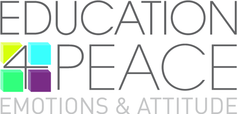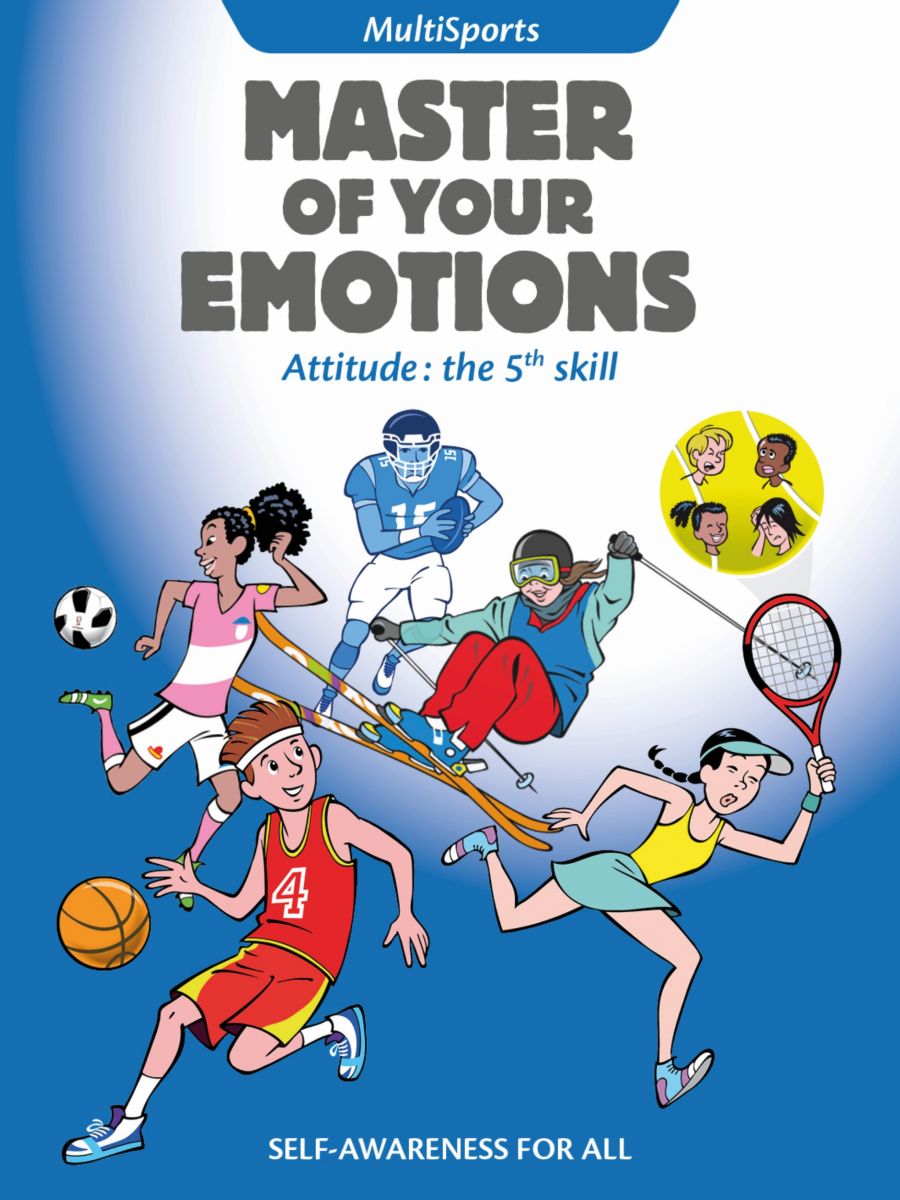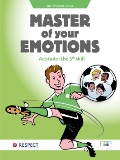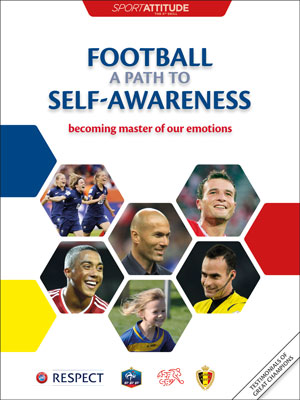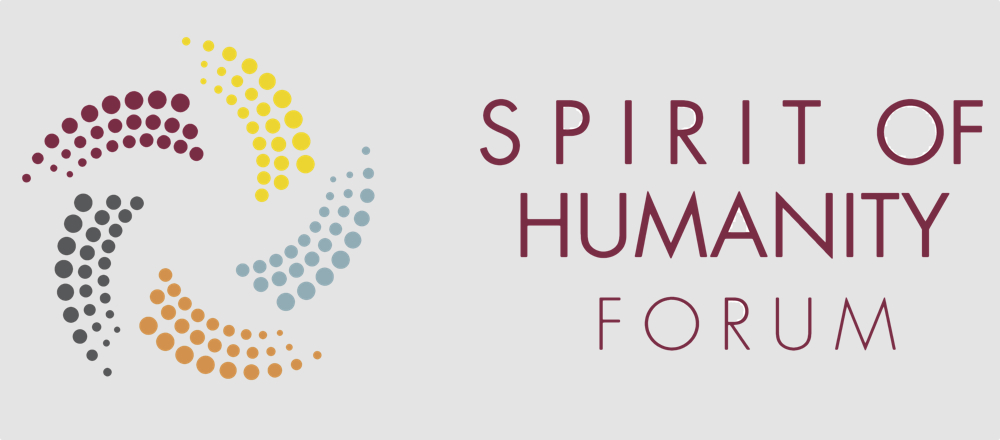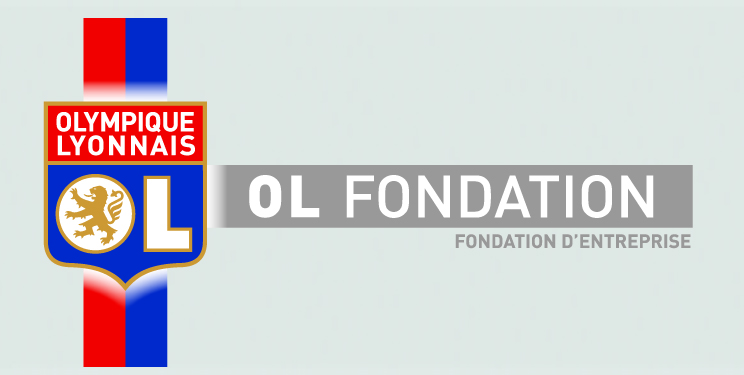Founded in 2002, Education 4 Peace (E4P) is a Swiss non-profit foundation dedicated to advocating and supporting Emotional Health (EH) programmes in schools and sports.
E4P has a background connected with the provision of free emotional support hotlines, through which thousands of volunteers have been trained worldwide in listening skills and empathy over the past 50 years. At the heart of this work is an approach known as Active Listening, pioneered in the 1950s by the psychologist Carl Rogers. E4P began by promoting listening skills in various environments through trainings, conferences, congresses and publications.
In 2007, E4P initiated with its partner IFOTES (International Federation of Telephone Emergency Services) the first International Congress on Emotional Health, co-sponsored by the World Health Organisation (WHO).
Since 2007, awareness of the impact of Emotional Health has been growing. The European Commission and EU countries signed the "European Pact of Mental Health and Wellbeing" and the World Health Organisation (WHO) launched the “Mental Health Gap Action Programme". Both include Emotional Health as a significant factor in mental health and wellbeing and put it as a priority for the next decade. As a result, people from many different backgrounds are now collaborating in this field. Doctors and psychologists, for example, are now working more closely than ever with social workers, educators, and others.
